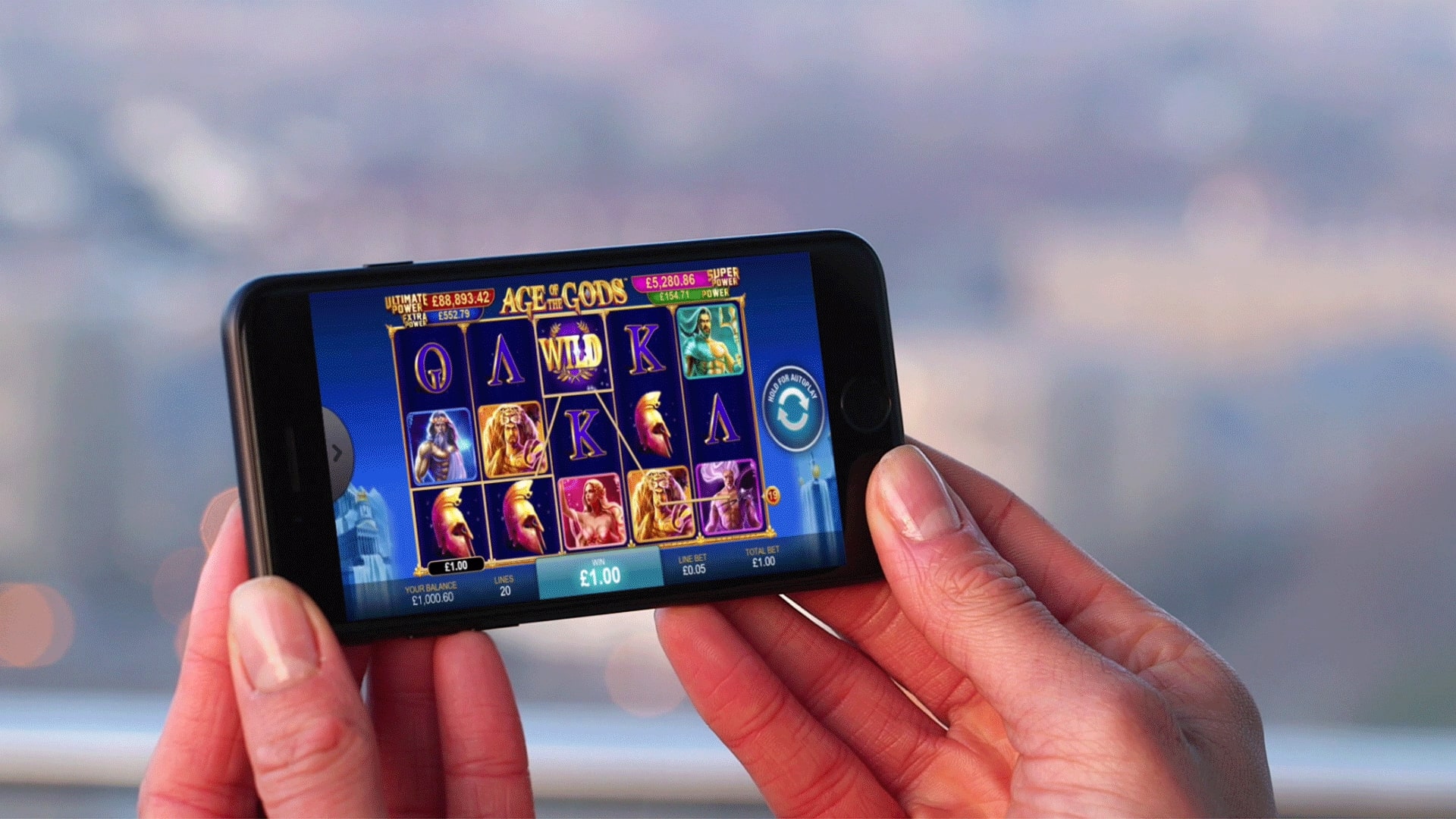In recent years, playing games online has evolved from a niche hobby to a global phenomenon, transforming the way we experience entertainment, connect with others, and even shape our social lives RAJA189 LOGIN. What once began with simple, pixelated games played on personal computers has expanded into a vast digital universe that encompasses everything from immersive multiplayer worlds to competitive esports leagues. But what has led to the surge in online gaming, and how has it reshaped the landscape of entertainment?
The Evolution of Online Gaming
Online gaming can trace its roots back to the early days of the internet. In the 1990s, with the advent of the World Wide Web, players began connecting with each other through dial-up connections, taking part in text-based games like MUD (Multi-User Dungeon) and Diablo‘s multiplayer mode. These early experiences were simple but laid the groundwork for the complex online ecosystems we have today.
Fast forward to the 2000s and 2010s, and the explosion of broadband internet access and faster gaming consoles fueled the growth of massive multiplayer online role-playing games (MMORPGs) like World of Warcraft, Guild Wars, and Elder Scrolls Online. These games allowed players to inhabit vast, immersive worlds where they could interact with others in real time, forging friendships and rivalries along the way. In parallel, the emergence of game streaming platforms like Twitch opened new avenues for spectators to engage with games in real-time, blurring the lines between playing and watching.
Today, online gaming encompasses a vast array of genres, from battle royales like Fortnite and Apex Legends to cooperative strategy games such as Overwatch and Valorant. Players now have access to an incredible variety of experiences that cater to every taste, skill level, and playstyle.
Social Connections in the Digital Age
One of the most significant shifts in online gaming is its ability to connect people from around the world. With millions of players logging in from every corner of the globe, online games have become a place where individuals from different cultures, backgrounds, and languages can come together to share experiences. This sense of community is often fostered by in-game guilds, clans, or teams, where players form tight-knit groups that work together to accomplish common goals, whether it’s conquering a raid boss or competing in a tournament.
Online games have also opened up new ways for players to communicate. While voice chat was once a luxury, it’s now a standard feature in most multiplayer titles. Players can easily strategize, joke around, and build bonds as they work together or compete against each other. For many, the relationships formed through online games are just as meaningful as those in the physical world. In fact, studies have shown that gaming can provide a sense of belonging and help reduce feelings of loneliness, especially among people who might otherwise have limited opportunities for social interaction.
The Boom of Esports and Streaming
The competitive gaming scene, or esports, has experienced unprecedented growth in recent years. What started with amateur tournaments has turned into a global industry, with professional teams, multi-million-dollar sponsorships, and sold-out arenas. Games like League of Legends, Dota 2, and Counter-Strike: Global Offensive now have dedicated fanbases, while live broadcasts of major tournaments attract millions of viewers worldwide.
Esports has become more than just a hobby—it’s a legitimate career path for many talented gamers. Professional players are able to sign contracts, compete in high-stakes tournaments, and even earn sponsorships and advertising deals. Streaming platforms like Twitch, YouTube Gaming, and Facebook Gaming have made it possible for anyone to broadcast their gameplay and build an audience, creating new opportunities for content creators to monetize their passion.
The rise of esports has also had a ripple effect on the gaming community as a whole. Competitive gaming has fostered a culture of skill improvement and strategy, with players dedicating hours of practice to hone their abilities. Watching top-tier players in action can inspire others to pick up the game, fostering a cycle of growth and excitement that benefits both the players and the viewers.
